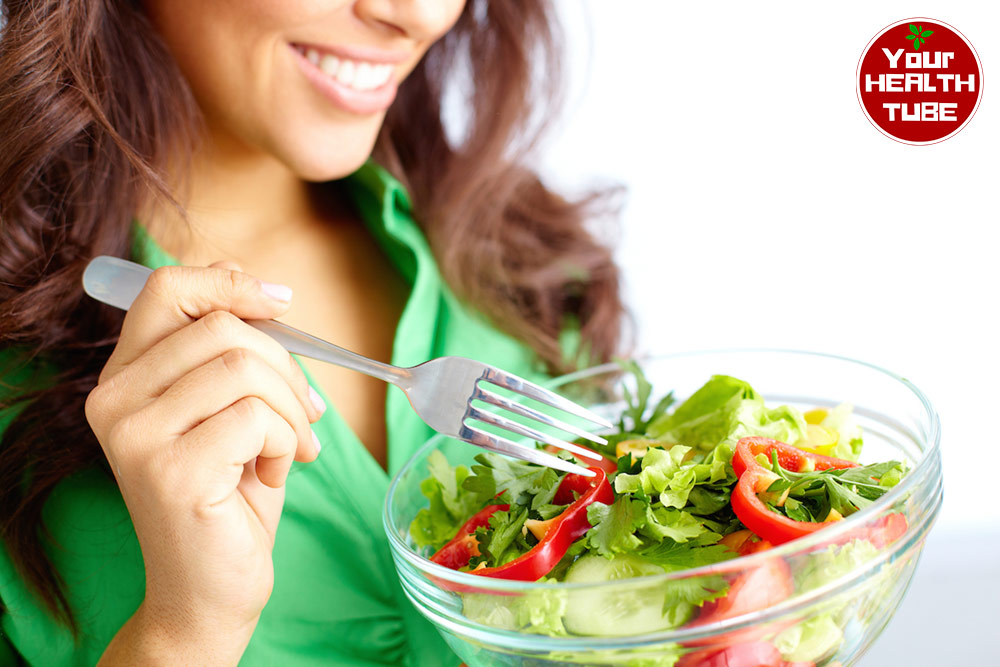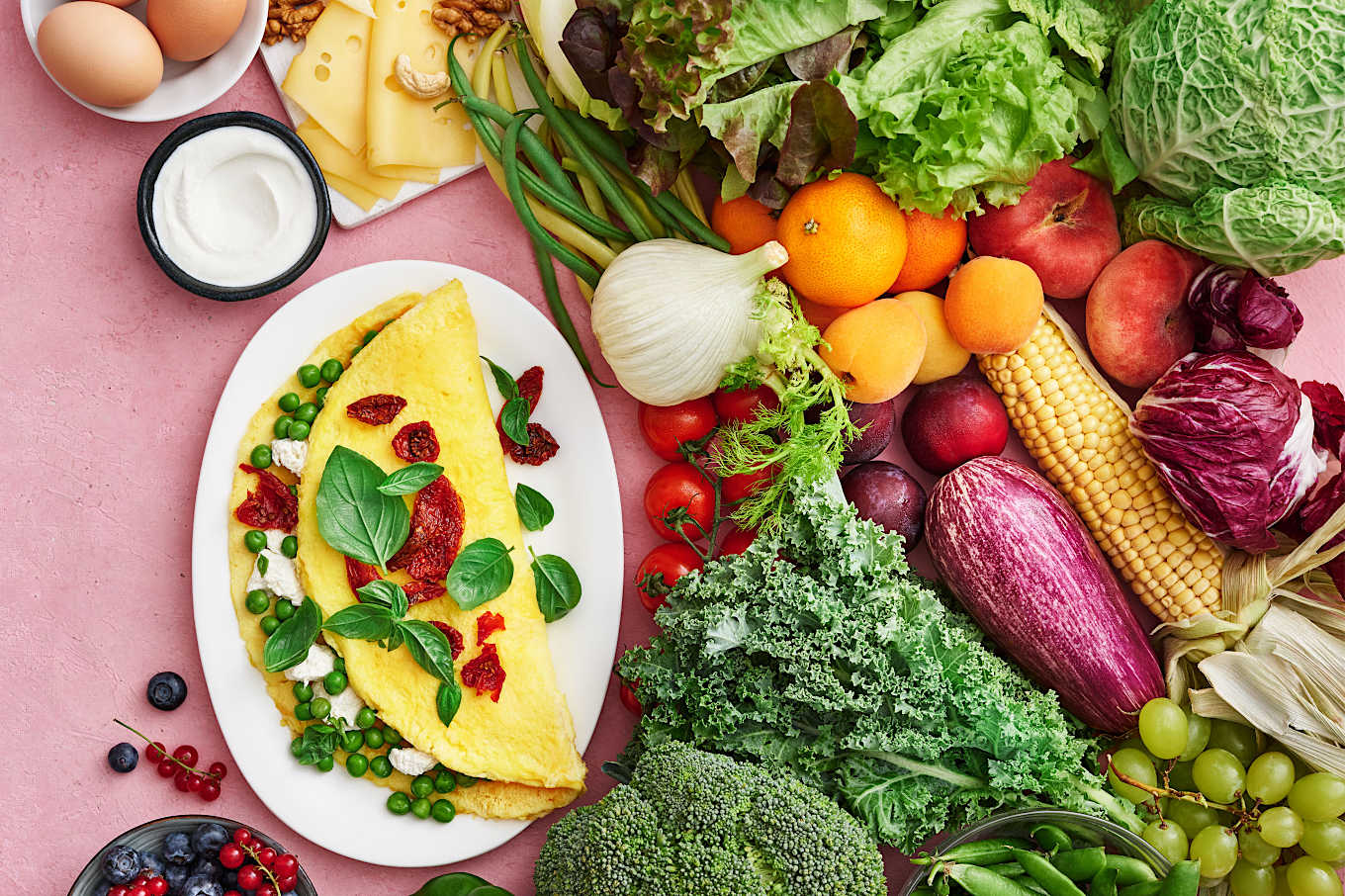Plant-based diets are becoming increasingly popular, and for good reason! Not only are they good for the environment, but they are also incredibly healthy. A plant-based diet is exactly what it sounds like: a diet that is centered around plants. Vegetables, fruits, whole grains, legumes, nuts, and seeds are all staples in a plant-based diet. But, how does one go about starting a plant-based diet? Here are some tips to help you get started.
Step 1: Educate Yourself

Before starting any new diet, it's important to educate yourself on what it entails. Research the benefits of a plant-based diet, read articles, watch documentaries, and talk to other plant-based eaters. Understanding the ins and outs of a plant-based diet will help you make informed choices when it comes to selecting food.
Step 2: Experiment with Different Plant-Based Foods

One of the best ways to start a plant-based diet is to experiment with different foods. Try new fruits and vegetables, prepare them in different ways, and incorporate whole grains and legumes into your diet. In addition to being healthy, plant-based foods can also be incredibly delicious. By experimenting with different foods, you can find what you love and make it a regular part of your diet.
Step 3: Plan Your Meals

Planning your meals is essential when transitioning to a plant-based diet. Make a grocery list of plant-based foods you want to incorporate, and plan your meals accordingly. Taking the time to meal plan can help you avoid turning to convenience foods that are often high in calories, sodium, and saturated fat.
Step 4: Focus on Nutrient-Rich Foods
It's important to focus on nutrient-rich foods when transitioning to a plant-based diet. Foods like dark leafy greens, berries, whole grains, and nuts are all packed with vitamins and minerals that are essential to good health. It's also important to make sure you're getting enough protein, as this is a common concern when transitioning to a plant-based diet. Legumes, tofu, tempeh, and seitan are all great sources of plant-based protein.
Step 5: Don't Be Too Hard on Yourself
Remember that transitioning to a plant-based diet is a process, and it's okay to slip up every now and then. Don't beat yourself up if you slip up and eat something that isn't plant-based. Instead, focus on making plant-based choices the majority of the time.
In conclusion, transitioning to a plant-based diet can be a great way to improve your health and help the environment. By educating yourself, experimenting with different foods, planning your meals, focusing on nutrient-rich options, and being kind to yourself, you can make the transition to a plant-based diet with ease. So, why not give it a try and see how you feel? Your body (and the planet) will thank you.
